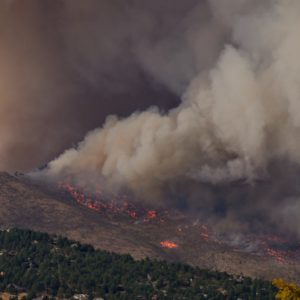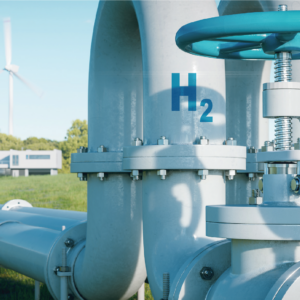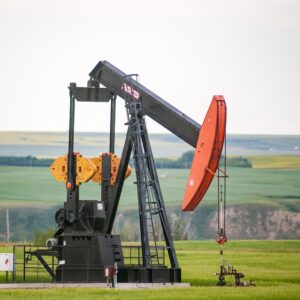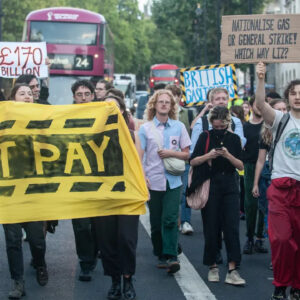"'If successful, such a dry-farmed vineyard would provide numerous benefits, including increased erosion control with a vineyard that would develop the deep and extensive root growth required to reach water sources in the ground; a substantial protective fire-break guarding the Property's, and neighboring properties' structures; a more beautiful view when compared to the barren, burned-out landscape left behind by the Glass Fire; and potentially an economically productive use of the land,' the suit details."
USDA-Wyoming agreement: A new chapter in conservation history
"The future of conservation will inevitably center on private and working lands, which are essential to the survival of both people and wildlife. Success will depend on the kind of cooperation and win-win solutions shown by the agreement between USDA and Wyoming this week."
Lithos, a Seattle agtech startup that uses basalt rocks to help farmers remove carbon, lands $6.3M
"The startup uses software to custom-deploy the basalt rock based on variables such as soil chemistry and crop nutrition. The software also measures carbon removal volume."
Bill Gates-backed startup builds a massive refinery to turn alcohol into jet fuel
"LanzaJet's Freedom Pines Fuels project will be the company's first commercial-scale SAF plant. It will also be the first plant in the world to make alcohol-to-jet SAF, which it is hoped could reduce greenhouse gas emissions by at least 70% compared to fossil jet fuel. The project is set to be finished in 2023."
California’s Climate Policy Gets Burned
"While utilities rushed to meet state renewable energy mandates—one reason California’s electric rates are double those in neighboring states—tree-trimming and burying power lines were a low priority. Some of the state’s most destructive wildfires were caused by utility power lines and equipment."
Sempra Infrastructure and AVANGRID Announce Plans to Develop U.S. Green Hydrogen and Ammonia Projects
"Sempra Infrastructure is currently developing multiple world-class energy transition projects in North America, including LNG export projects to serve customers in both the Atlantic and Pacific Basins, as well as new opportunities in renewable energy, carbon capture and sequestration, as well as other pathways to produce clean hydrogen and ammonia leveraging the resources available in different regions."
Innovation is Reducing and Repurposing Construction Waste
As the demand for sustainable building continues to grow, private-sector innovators and entrepreneurs are responding by developing environmentally-friendly ways to build our cities and necessary infrastructure.
Learning All the Wrong Lessons From America’s Energy Crisis
"Skyrocketing energy costs are one of America’s harsh post-Covid realities. And with one in four American households struggling to pay for their energy needs before Covid, policymakers should have set their sights on making energy more affordable for more Americans."
UK Price Caps Prompt Protests Against Energy Bills
By passing sensible energy policies, these disruptive protests will cease, and we can return to the relative trajectory of peace and prosperity of the earlier twenty-first century.
President Biden is Right. America Needs Meaningful Permitting Reform
In a few short months, the United States will have a new Congress. Their top priority should be permitting reform.









